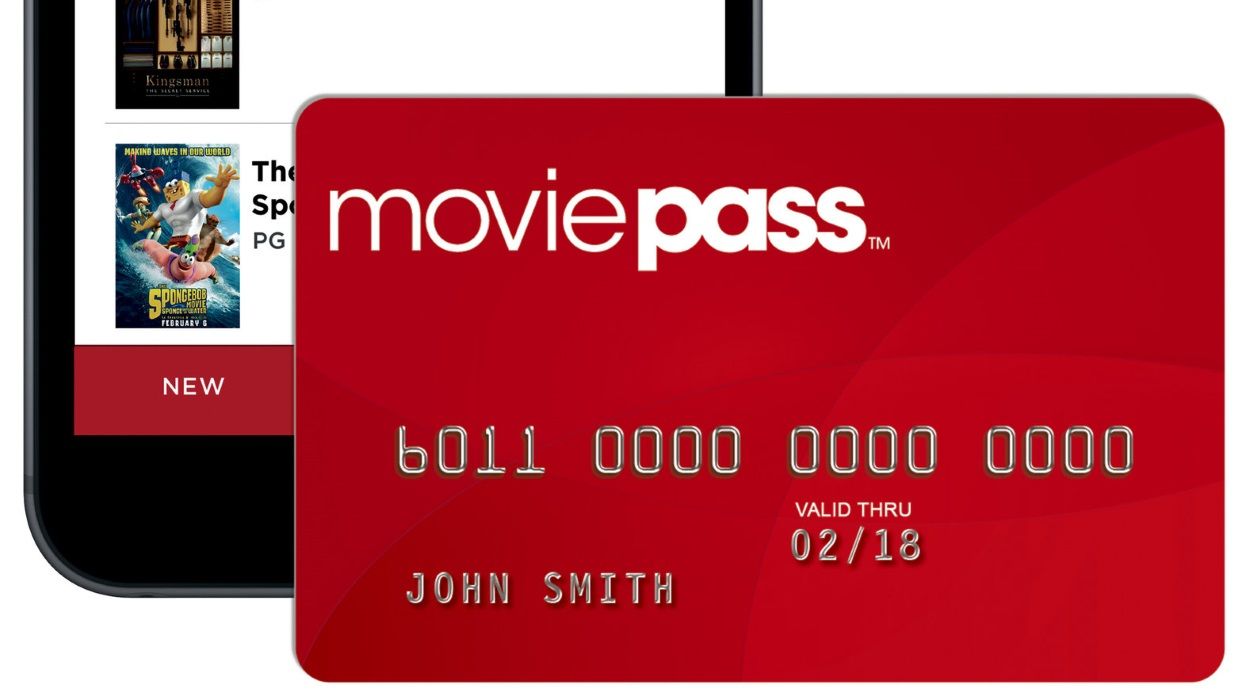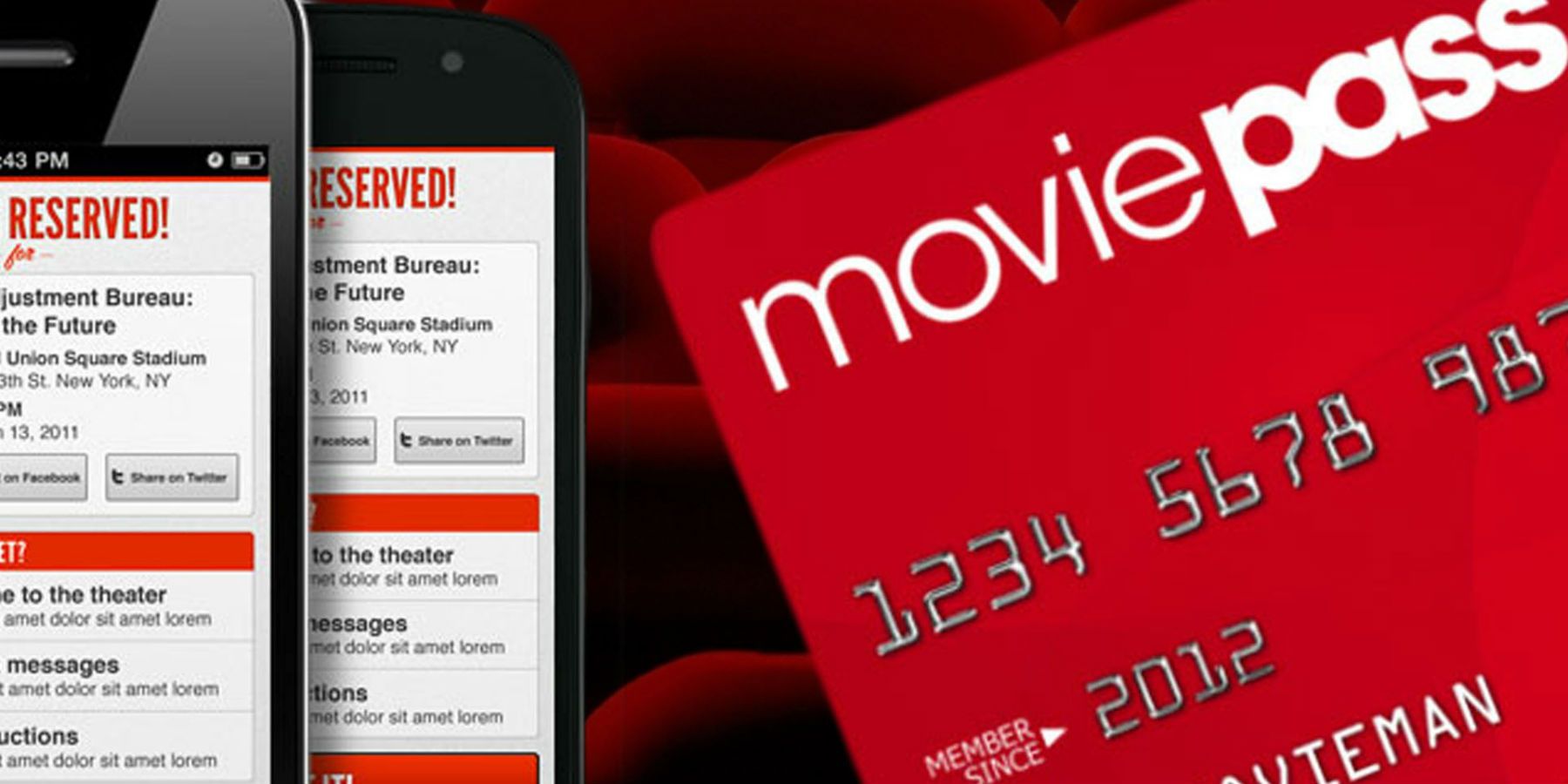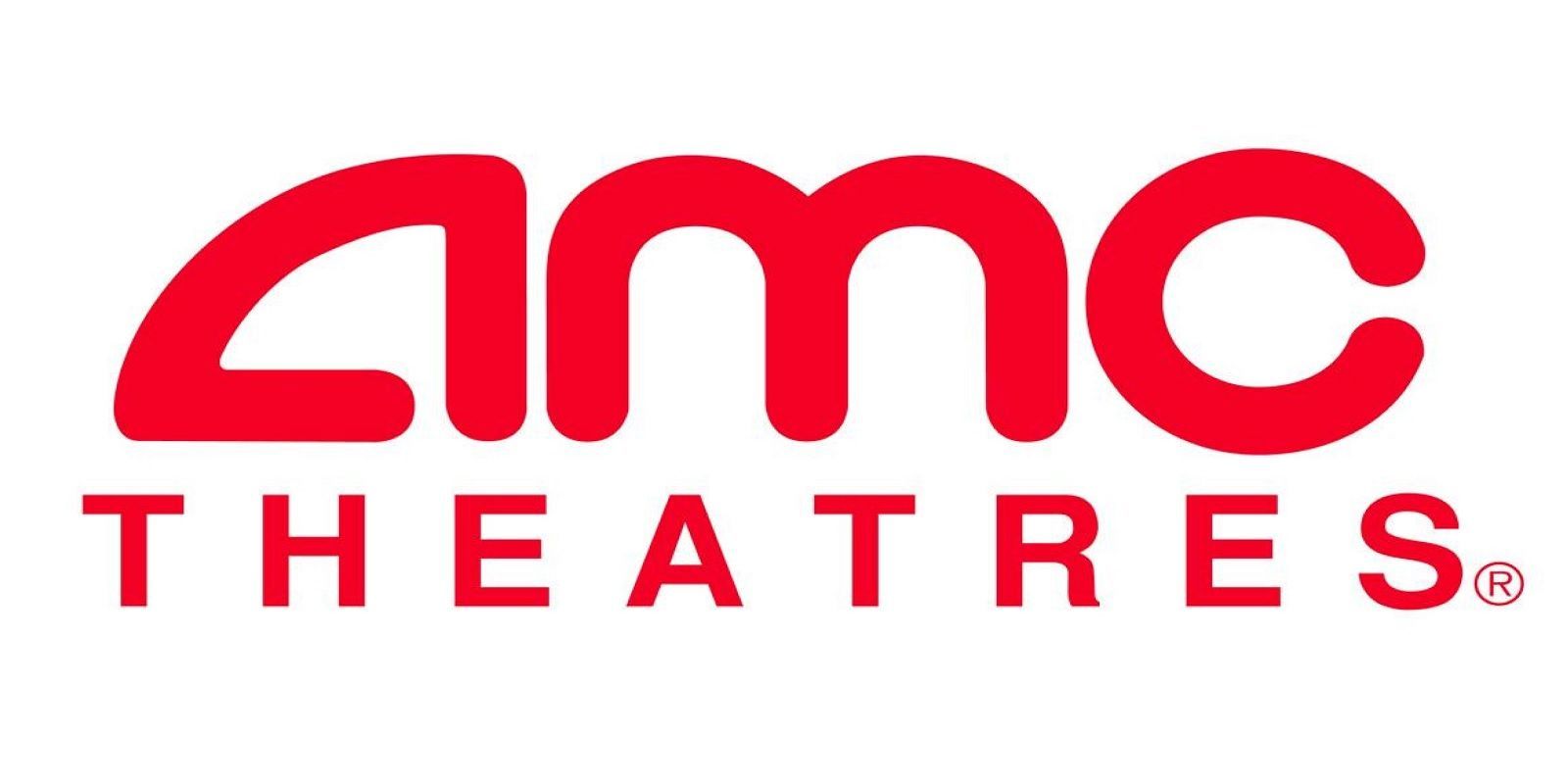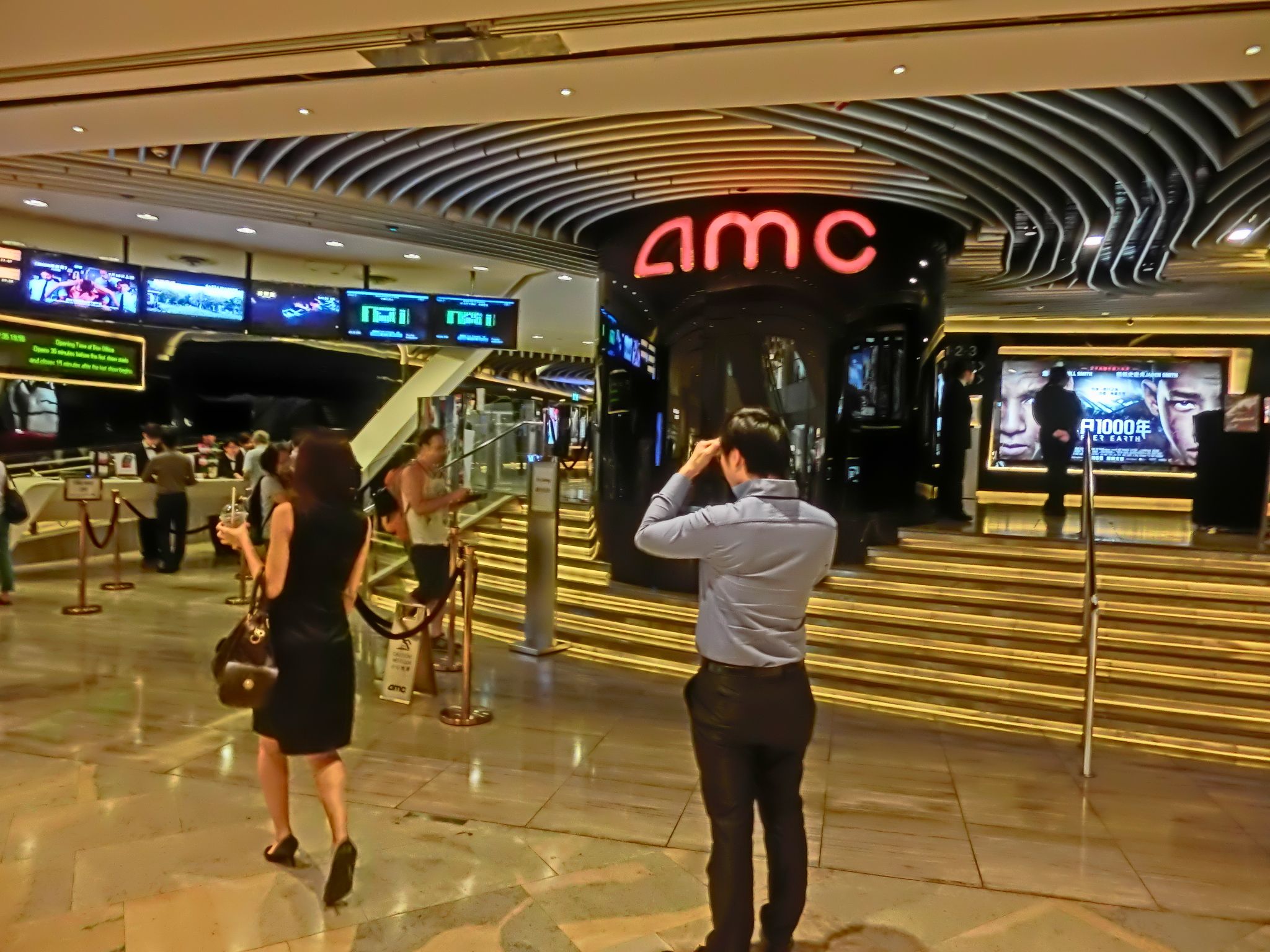What would you say to unlimited movies at the theater for less than $10 a month? MoviePass are hoping you'll jump at the offer, as the service - which previously cost around $50 a month - dropped their prices in a surprise announcement this week. Already, customer interest has been piqued, and the company's website saw a staggering half a million unique views in the six hours following the news. Currently, MoviePass has around 20,000 users, who can see one movie per 24 hours at over 4,000 locations nationwide. With the average ticket price sitting at under $9 and creeping up to over $15 in bigger cities like New York and San Francisco, the opportunity to see up to thirty films a month for the price of one ticket is something that many have thought would be too good to be true. The chances are it probably is too good to be true, but MoviePass have promised that the deal will stay in place for the next twelve months, and thousands of new subscribers are flocking to the service as a result.Not everyone is delighted by this recent development, however. Multiplex chain AMC Entertainment have already voiced their opposition to the price decrease, calling it œshaky and unsustainable and discussing the possibility of withdrawing their theaters from the service. In a press release, AMC theaters questioned the business model, noting "it is not yet known how to turn lead into gold", and that "promising essentially unlimited first-run movie content at a price below $10 per month over time will not provide sufficient revenue to operate quality theaters nor will it produce enough income to provide film makers with sufficient incentive to make great new movies. Therefore, AMC will not be able to offer discounts to MoviePass in the future, which seems to be among their aims." In 2014, AMC had signed a deal with MoviePass which offered subscriptions starting from $35, so this new price drop seems detrimental to that exclusive offer, especially since MoviePass will still have to pay AMC the full price of the ticket every time one of their subscribers uses the service. MoviePass CEO Mitch Lowe says he expects that the company subsidizing this model will "lose money in the process", but the long-term plan is to dramatically increase user numbers and allow for that base to strengthen new deals with multiplexes and studios alike. It's a lofty ambition, but one that will be hard to sell to theaters and Hollywood alike. 2017 has been a rough year for the film industry as well as movie theaters. Summer box office revenue has plummeted this month, and numbers for the season are around 12.4% below what they were this time last year, with some analysts predicting that a further drop to around 15%. If that happens, 2017 would see the worst decline in modern history for ticket purchases.There are a number of factors at play to explain this problem, but a series of under-performing blockbusters can't have helped the major studios. Universal's latest attempt to franchise their Monsters movies from the golden age of horror, Tom Cruise's The Mummy, was said to have lost the studio around $95m. For Warner Bros. the crunch was much more severe thanks to the catastrophic flop of Guy Ritchie's King Arthur: Legend of the Sword, which didn't even make back its budget and cost the studio a whopping $150m. There were hits for the major studios, of course, but what had previously been reliable ways of bringing in the big bucks during the Summer season have fallen short: The Chinese box office wasn't as secure as hoped, some major tentpoles like the Transformers and Alien franchises failed to excited audiences, and 3-D and IMAX suffered from lack of interest.All of that hit the multiplexes equally hard. AMC Entertainment and Regal Entertainment saw the price of their shares take a beating at the stock market this Summer. AMC alone saw their market value fall a staggering 35% so far this month. As noted in the Hollywood Reporter, "Jeff Bock of Exhibitor Relations adds that the number of tickets sold this summer will hit a 25-year low when dividing overall revenue by the average ticket price, or around 420 million tickets sold." With theater attendances falling, studios look for other sources of revenue, such as in-movie product placement, merchandising and brand recognition. None of that spills over into the theaters, as the money they make from ticket sales is a tiny percentage of their revenue. Most of their steady income comes from food and drink, which is why that tiny tub of popcorn cost five times what you pay at the supermarket. In February 2015, AMC Entertainment "reported concessions revenue rose 8.8% over the prior year to $215.3 million as average spending per customer rose 13.5% to $4.46."Some have argued that the economics of this mean that a deal like MoviePass won't affect them as greatly as they imagine. Given that MoviePass have to give AMC the cost of each ticket purchased through their service, that wouldn't be lost revenue for the theaters. Perhaps with more money to spend on concessions now that the ticket price is covered, there may be benefits to the system for theaters.
2017 has been a rough year for the film industry as well as movie theaters. Summer box office revenue has plummeted this month, and numbers for the season are around 12.4% below what they were this time last year, with some analysts predicting that a further drop to around 15%. If that happens, 2017 would see the worst decline in modern history for ticket purchases.There are a number of factors at play to explain this problem, but a series of under-performing blockbusters can't have helped the major studios. Universal's latest attempt to franchise their Monsters movies from the golden age of horror, Tom Cruise's The Mummy, was said to have lost the studio around $95m. For Warner Bros. the crunch was much more severe thanks to the catastrophic flop of Guy Ritchie's King Arthur: Legend of the Sword, which didn't even make back its budget and cost the studio a whopping $150m. There were hits for the major studios, of course, but what had previously been reliable ways of bringing in the big bucks during the Summer season have fallen short: The Chinese box office wasn't as secure as hoped, some major tentpoles like the Transformers and Alien franchises failed to excited audiences, and 3-D and IMAX suffered from lack of interest.All of that hit the multiplexes equally hard. AMC Entertainment and Regal Entertainment saw the price of their shares take a beating at the stock market this Summer. AMC alone saw their market value fall a staggering 35% so far this month. As noted in the Hollywood Reporter, "Jeff Bock of Exhibitor Relations adds that the number of tickets sold this summer will hit a 25-year low when dividing overall revenue by the average ticket price, or around 420 million tickets sold." With theater attendances falling, studios look for other sources of revenue, such as in-movie product placement, merchandising and brand recognition. None of that spills over into the theaters, as the money they make from ticket sales is a tiny percentage of their revenue. Most of their steady income comes from food and drink, which is why that tiny tub of popcorn cost five times what you pay at the supermarket. In February 2015, AMC Entertainment "reported concessions revenue rose 8.8% over the prior year to $215.3 million as average spending per customer rose 13.5% to $4.46."Some have argued that the economics of this mean that a deal like MoviePass won't affect them as greatly as they imagine. Given that MoviePass have to give AMC the cost of each ticket purchased through their service, that wouldn't be lost revenue for the theaters. Perhaps with more money to spend on concessions now that the ticket price is covered, there may be benefits to the system for theaters.
AMC Entertainment are also the biggest theater operator in the world after making a deal with Chinese conglomerate the Dalian Wanda Group Co., and have discussed plans to acquire smaller American theater chains and negotiate for exclusives with movie studios. That could take the form of a premium video on demand deal where AMC costumers could rent movies a mere two or three weeks after their release for a fee of $25 - 50. Deals like this are predicated on the objective of increasing profit margins, which has been a tough task for theaters for a long time now. A MoviePass subscription service could theoretically operate alongside this, but it's clear that AMC have no desire to do so. It's easier, more cost effective and financially beneficial to keep all those deals in-house.
MoviePass have given little indication as to how long they can fund this kind of low-cost sign-up service, especially now that subscriber numbers are set to skyrocket. Their ultimate aim is to revive the notion of the regular moviegoer, someone who goes to the theater several times a month, as was the way of things before TVs were popular. Now, in the age of Netflix, Amazon and the increasing market for streaming services, theaters must compete with a more varied selection at a fraction of the price, so MoviePass are trying to even the playing field by lowering theirs. If their investors are okay to let their deep pockets get deeper for a few years, it could pay off marvellously for them, and having potentially millions of loyal subscribers to use as a foundation for bigger business deals would be something all aspects of the movie industry could support.
The problem is that too many are hesitant to buy into this fancy with so many questions left unanswered, one of the biggest being: How would MoviePass make money, and would the data they gather from sign-ups be used for undesirable purposes? Data firm Helius and Matheson Analytics were revealed to have paid $27m for a 51% stake in MoviePass, and Deadline reported that "we understand that MoviePass is absorbing the ticket discount and hoping to make up the discount through monetizing the data¦ and the breakage (from those consumers that do not use it to the full extent each month). The exhibitors get full price for their tickets and the studios get their usual film rent splits." The reliability of that method remains to be seen, and many users may not feel comfortable about relinquishing some of their privacy for unlimited movies.
It remains to be seen whether other theater chains will follow in AMC's footsteps and exclude themselves from MoviePass's plans. With profit margins tightening, attendance falling and Hollywood suffering under the strain, it seems that movie theaters may not be willing to risk buying into the dreams of MoviePass. The subscription service have offered their $10 a month deal for at least the next year, so audiences can enjoy that treat while they can. As for the industry, it's in an increasingly bleak place right now, and the race to fix that will take more than a few free tickets.



